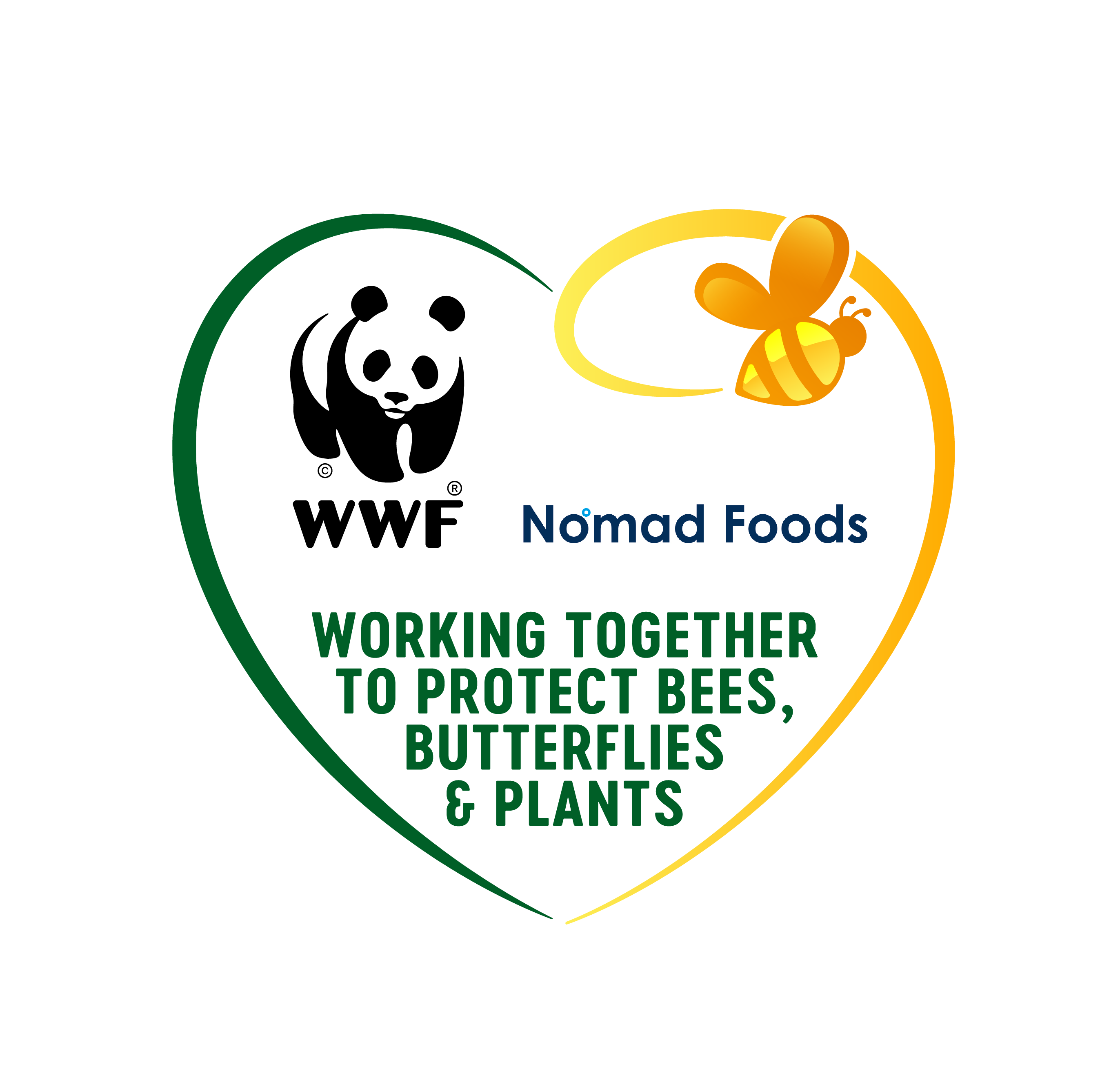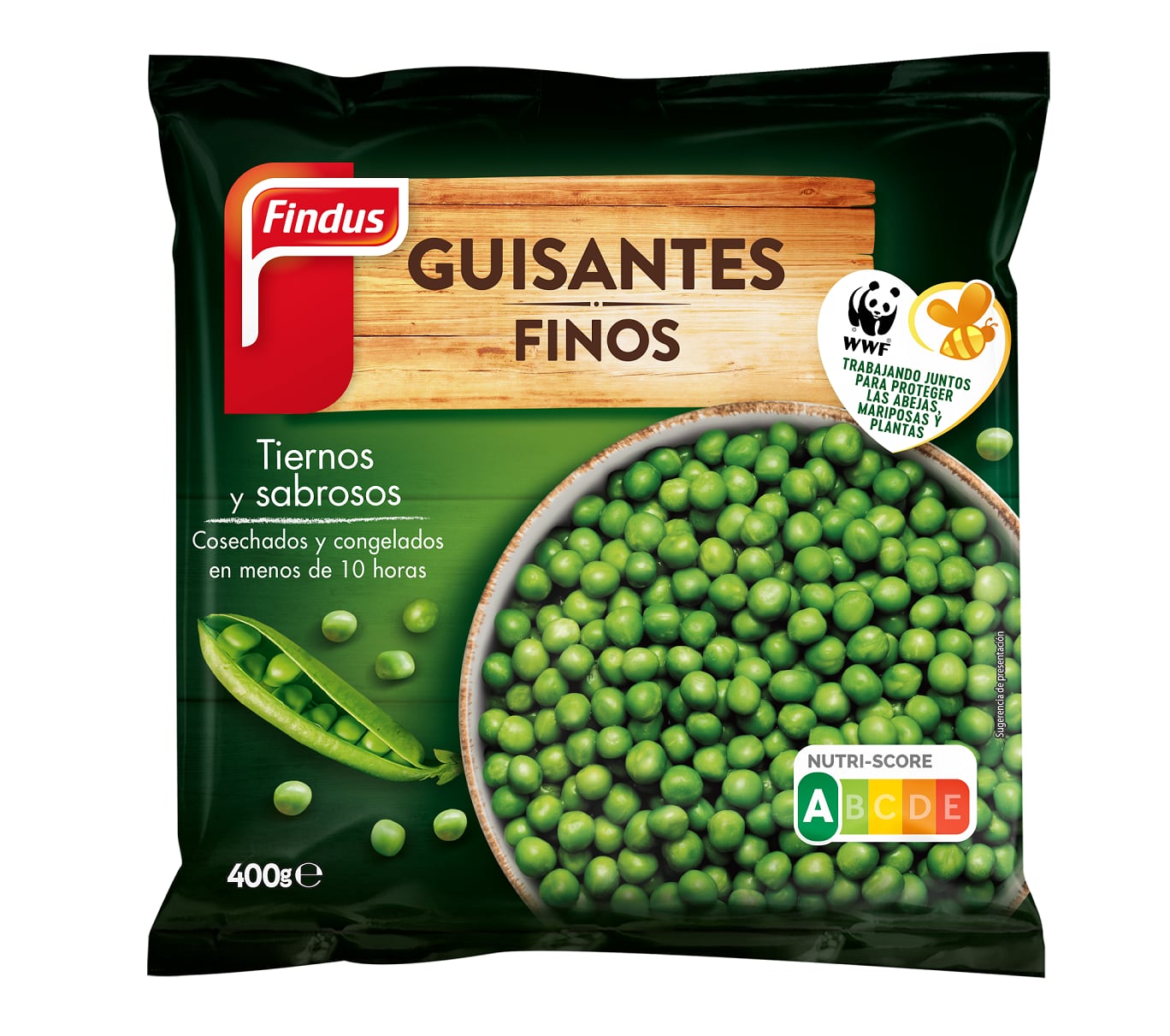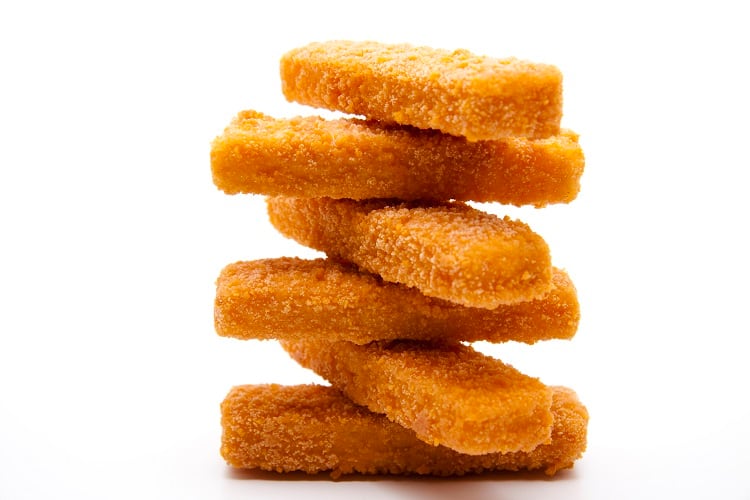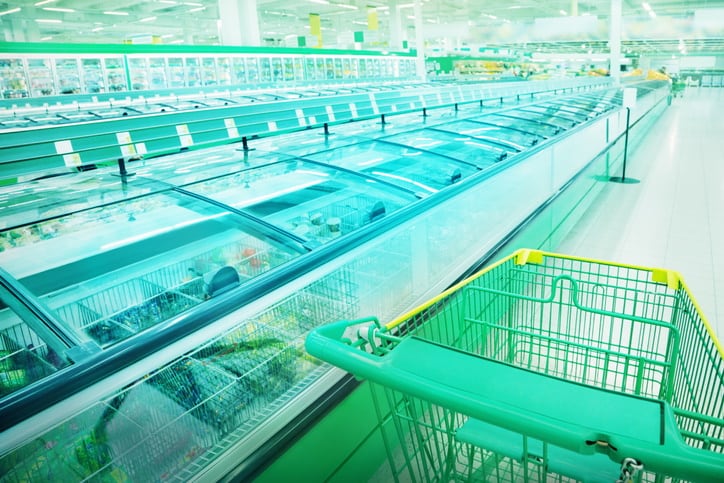The partnership will see Europe’s largest frozen food company collaborate with WWF to address the ‘triple challenge’ in agriculture: that of feeding growing populations, combatting climate change and reversing biodiversity loss.
“The way food is produced and consumed is a key driver of climate change and biodiversity loss,” a Nomad spokesperson told FoodNavigator.
“Changing the way we eat is the single biggest way for us to reduce our environmental impact, so in addition to inspiring people to eat more veg and to keep themselves and the planet healthy, Nomad and WWF are partnering to reduce the environmental footprint of farming.”
Spotlight on vegetable production
As the owner of Birds Eye, Findus and Iglo – which are well-known for their frozen fish and seafood offerings – it is noteworthy that Nomad is investing in sustainability on land.
While the company has been ‘safeguarding fish and seafood supplies’ for ‘over 20 years’, Nomad is actually ‘flexitarian at heart’, the spokesperson explained, with around 70% of its revenues comes from fish, with vegetables and potatoes.
“Vegetables are very much core to our business,” we were told. “We have a very long heritage in agriculture – in the UK, for example, Birds Eye peas have been a longstanding family favourite for years.”
In 2019, the company formally entered the vegan space with its meat-free brand Green Cuisine. “It is already one of the largest meat-free brands in Europe and…it’s Europe’s fastest growing frozen meat-free brand.”
‘Nature positive’ farming approaches
WWF and Nomad’s partnership will kickstart with two projected centred around vegetable production.
One focuses on creating a ‘blueprint for landscapes’ designed to boost food productivity through ‘nature-positive’ farming approaches. This project aims to demonstrate how farming can help transform the way food is grown, the spokesperson explained.
The other project will measure the impact of biodiversity at farm level, in an effort to target interventions and find new ways of increasing pollinators.
Nomad will be contributing to both these projects financially, but stressed it is ‘very much about working with our farmers and supply chain partners’, and others, to ‘create a much bigger impact beyond our own supply chain’.
More specifically, the collaboration aims to ‘harness the knowledge and expertise’ of the farmers who grow vegetables to supply Nomad, and support innovative farming techniques that can help reduce carbon emissions while increasing the ‘abundance’ of biodiversity of farmland.
“We also aim to show how farms can lock up carbon from the atmosphere in soils and plants, and how the future of farming lies in landscapes thriving with pollinators like bees and butterflies, as well as other species,” the spokesperson elaborated.
“We also aim to create, together with other businesses and policymakers, a blueprint for landscapes showing how regenerative farming can help to transform the way food is grown, support recovery of nature and tackle the climate emergency.”

New on-pack communication, highlighting the tie-up’s objective to ‘protect bees, butterflies and plants’ will roll out next month across Iglo products in Belgium and Portugal, and Findus products in Spain. The logo will reach UK consumers via Birds Eye offerings in June 2021.
Committing to sustainable production
The WWF tie-up not Nomad’s first sustainability initiative on dry land. The company has committed to sourcing 100% of its vegetables and potatoes though sustainable farming practices by 2025. As it stands 77% of its own grown vegetables are verified as such.
The company uses the Sustainable Agriculture Initiative Platform (SAI Platform) Farm Sustainability Assessment (FSA) as a benchmark for farmers, and has challenged all its suppliers to be verified as ‘minimum silver’ and ‘progress towards gold’.
In the UK, more than 40 farmers who grow peas for Birds Eye UK are planting a diverse range of cover crops to capture carbon, reduce flooding and improve soil health. And in Germany and Sweden, the company has introduced flower borders around vegetable fields.




